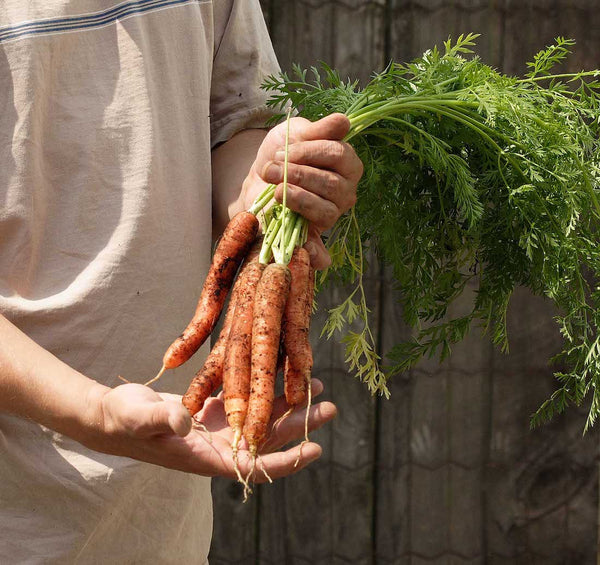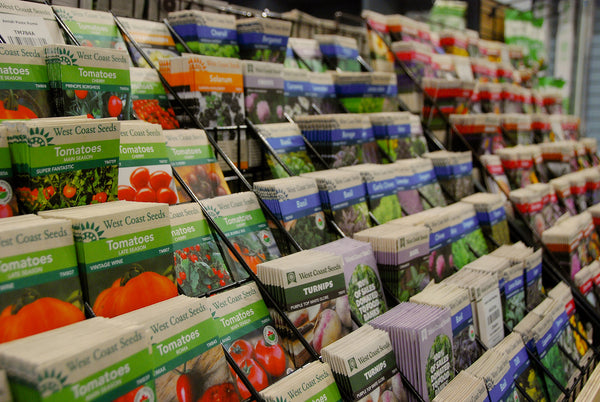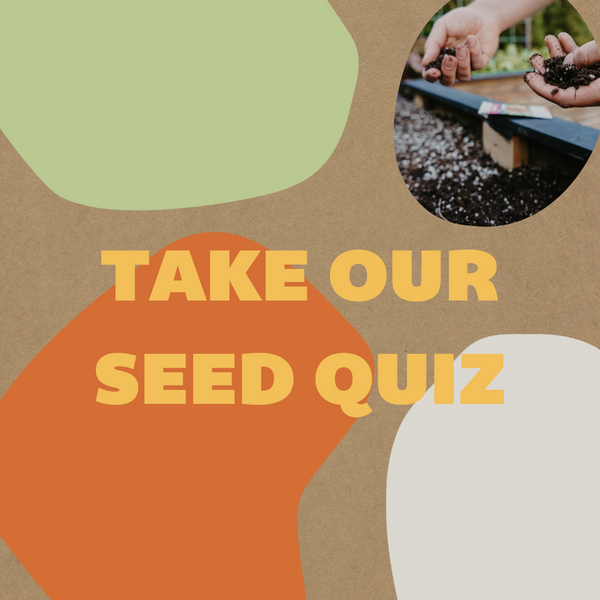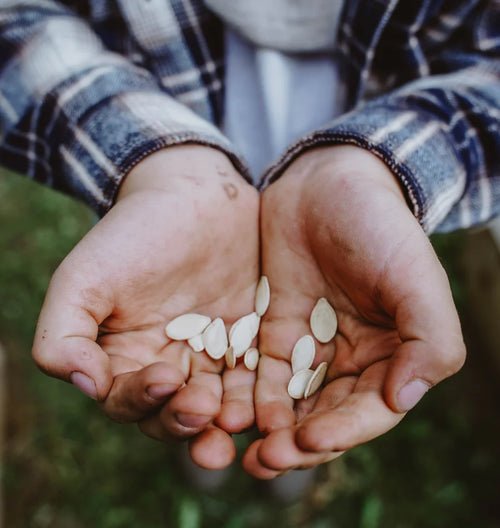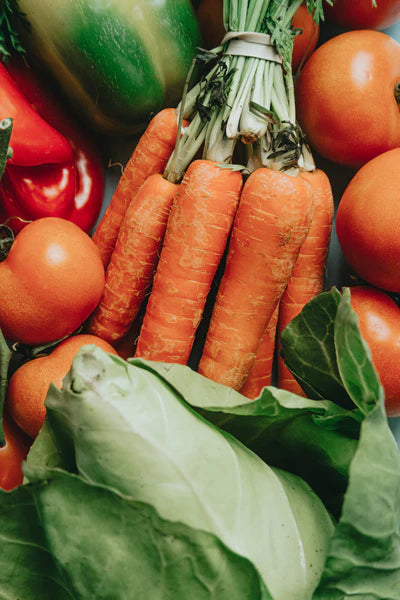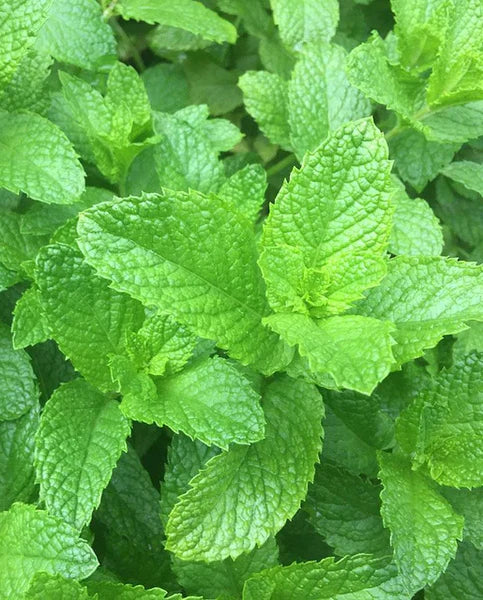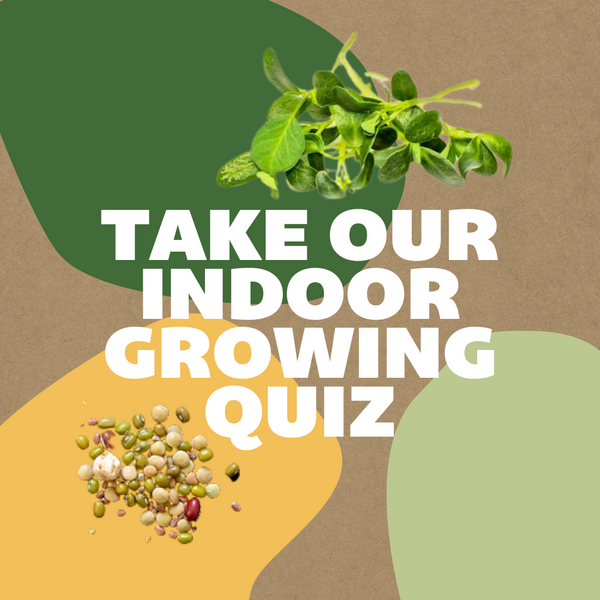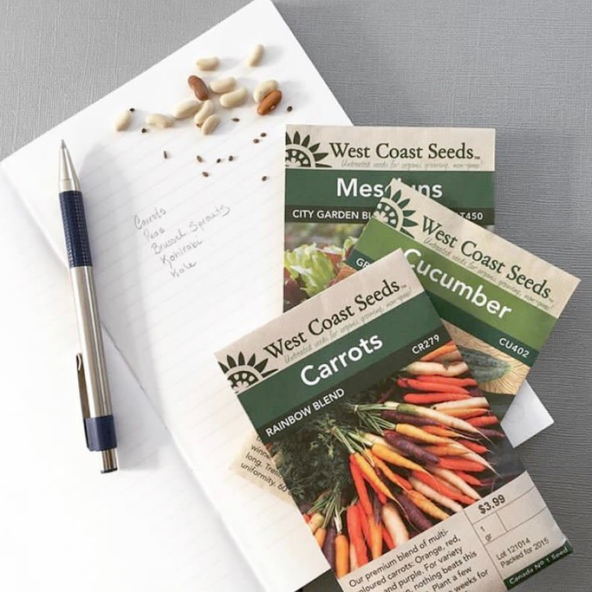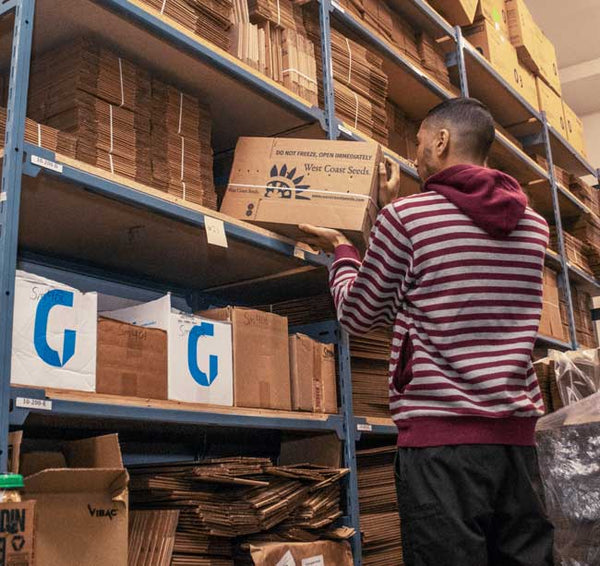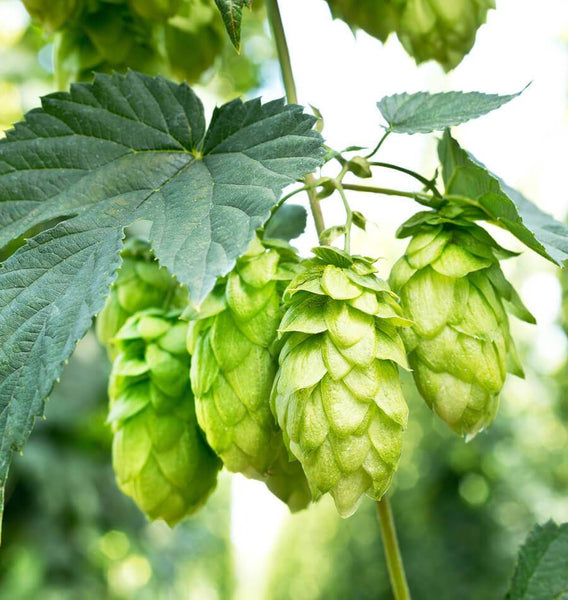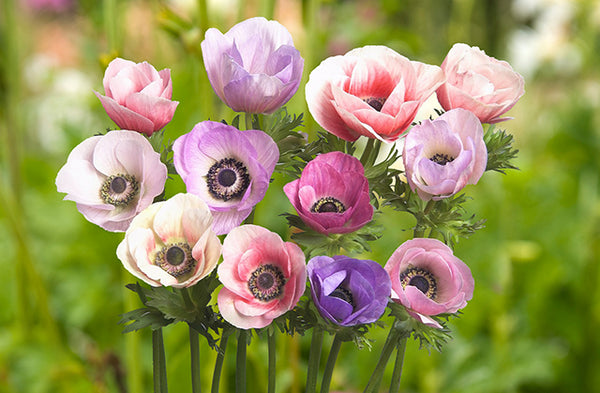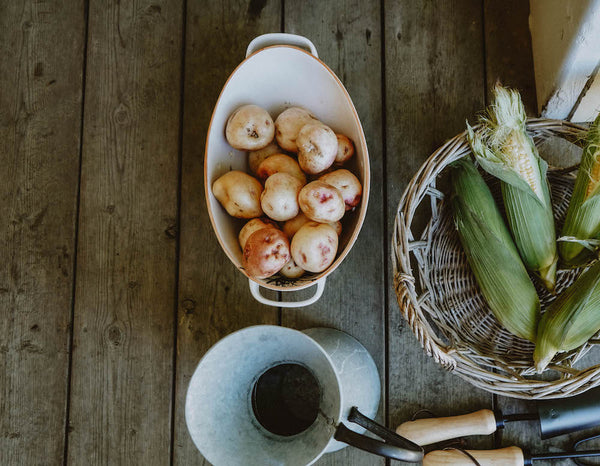At the Green & Gold Community Garden, in Edmonton, volunteers get their hands dirty on two acres of land at the University of Alberta South Campus farm. Now in its fifteenth year, this local garden with a global impact is much more than a place to grow food in sustainable ways. Since its inception, our volunteer-run garden has raised over $450,000 for the Tubahumurize Association, a non-profit organization in Rwanda that provides socially and economically marginalized women with vocational training, trauma counselling, health care education, and micro credit loans to develop small businesses to support their families. Many women who benefit from Tubahumurize’s programs are orphans, survivors of the Rwandan civil war, or victims of domestic abuse.
The Green & Gold Community Garden is grateful for the many generous donations provided by West Coast Seeds over the past 15 years. In addition to the seeds they have donated to our garden each year, we have also benefitted from the annual West Coast Seeds seed sale fundraiser. Since all the money received from our garden produce sales are used to support Tubahumurize, the seed sale helps to fund garden operations — including purchasing tools, gardening supplies, and other necessities to keep our garden growing. An important selling point for the customers who purchase produce from our garden markets is the known quality and sustainable practices of West Coast Seeds.

Over the past few years, to increase production and reduce the volunteer labour needed to run such an intensive operation, we have been transitioning to alternative gardening methods to grow our vegetables, herbs, and flowers. Some of these methods include low-till gardening, creation of permanent beds with pathways between them to avoid soil compaction, use of cover crops, alternative mulching, composting and weed management techniques, and succession planting. These new methods have improved the yields and quality of our produce, created habitat for bees, worms and other beneficial insects, and reduced the time spent controlling weeds. This has freed up time for our volunteers to learn more about soil preparation, planting using our new Jang seeder, managing crops and weeds, and community building activities in the garden.

We are very proud of how we have improved accessibility and fostered inclusion at our community garden. Our volunteers report numerous ways that they have benefitted from their engagement in our garden. Seniors who love gardening but who no longer have their own gardens form a large portion of our volunteer base. There are also young families who volunteer at the garden — where babies and children are encouraged to play and learn alongside their parents. Some of our volunteers are international students, or recent immigrants to Canada. The garden offers them a place to meet fellow gardeners, learn about growing food on the prairies, and practice speaking English in a friendly environment. Our garden is not just a place to grow food – it is a place for folks who love gardening within a diverse and vibrant community.
“I find gardening an act of faith. Prepare the soil, plant the seed, water, weed, and wait. The emerging green sprouts are a silent song for the soul”. This quote from one of our volunteers eloquently captures the spirit of the Green & Gold Community Garden.
